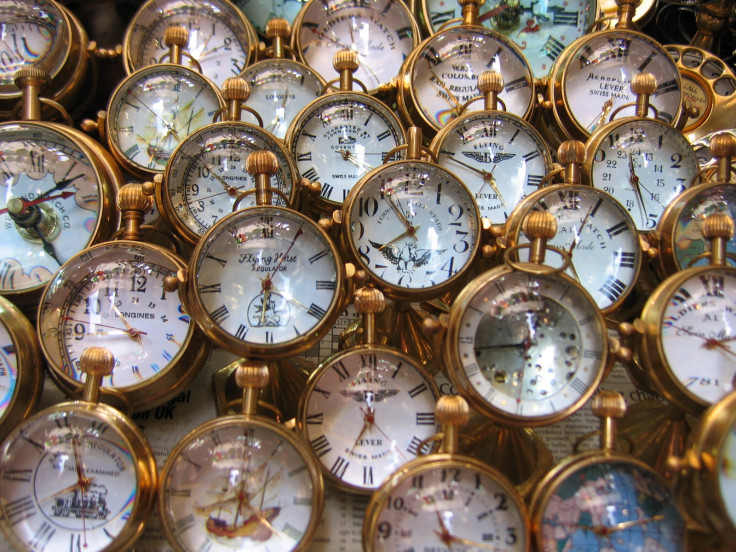Leap second: What is the extra second you will get on 30 June?
Earth is set to experience a 'leap second'

On 30 June at 23:59:60 Coordinated Universal Time (UTC), the earth is set to experience a 'leap second' as Father Time looks to accommodate the globe's slowing rotation.
The leap second was introduced on 1 January, 1972 and we have since been blessed with an extra 25 seconds since its inception.
The earth takes 365.25 days to complete its full annual rotation, but because our calendar year only accounts for 365 days, an extra day is added every four years on February 29<sup>th.
However, the earth's rotational speed is actually slowing down. Many years ago when the dinosaurs were still roaming the planet, a day was only 23 hours long. Millions of years have since passed and we've gained an hour a day. Since 1820, the day has slowed down by 2.5 milliseconds.
As a result, scientists created atomic clocks in the 1950s to keep a precise track of time. Atomic clocks are the most accurate form of timekeeping known to man. They are used to coordinate modern technologies such as GPS systems and the Internet. They measure time according to the vibration of atoms and it is said that the US government's NIST-F1 atomic clock would not lose a second over the course of a 30million-year period. Modern technology such as smartphones, use the atomic clock to maintain the precise time.
However, the time on an atomic clock and the actual time have grown apart over the years, which is why the UTC was devised, for which scientists add an extra second of an average of at least once a decade to keep the two relatively close.
So will it affect you in any way? While some articles over the internet are claiming that this could be a mini-Y2K, maybe you can use that extra second to think back to how any of the last leap seconds have affected you.
What can you do with your leap second?
- Run one 240<sup>th of a four-minute mile.
- Watch 0.0024437927663734115% of the original Lord of the Rings trilogy.
- Pre-fill a 500ml beaker with water, and try to drink it in half the world record time (which currently is 1.75 seconds).
- Progress 0.004629629629629629% of the way up Mount Snowden.
- Take an extra breath.
- Get bored of listening to a Coldplay song.
However, if you are responsible for computer networks of any kind, you may want to check out the Google Cloud Blog. It reads: "Any system that depends on careful sequencing of events could experience problems if it sees a repeated second. This problem is accentuated for multi-node distributed systems, because a one-second jump dramatically magnifies time sync discrepancies between multiple nodes.
"Imagine two events going into a database under the same timestamp (or even worse, the later one being recorded under an earlier timestamp), when in reality one follows another. How would you know later what the real sequence was? Most software isn't written to explicitly handle leap seconds, including most of ours."
But then also consider the anticlimax that was Y2K and remember nothing is going to happen.
© Copyright IBTimes 2025. All rights reserved.






















